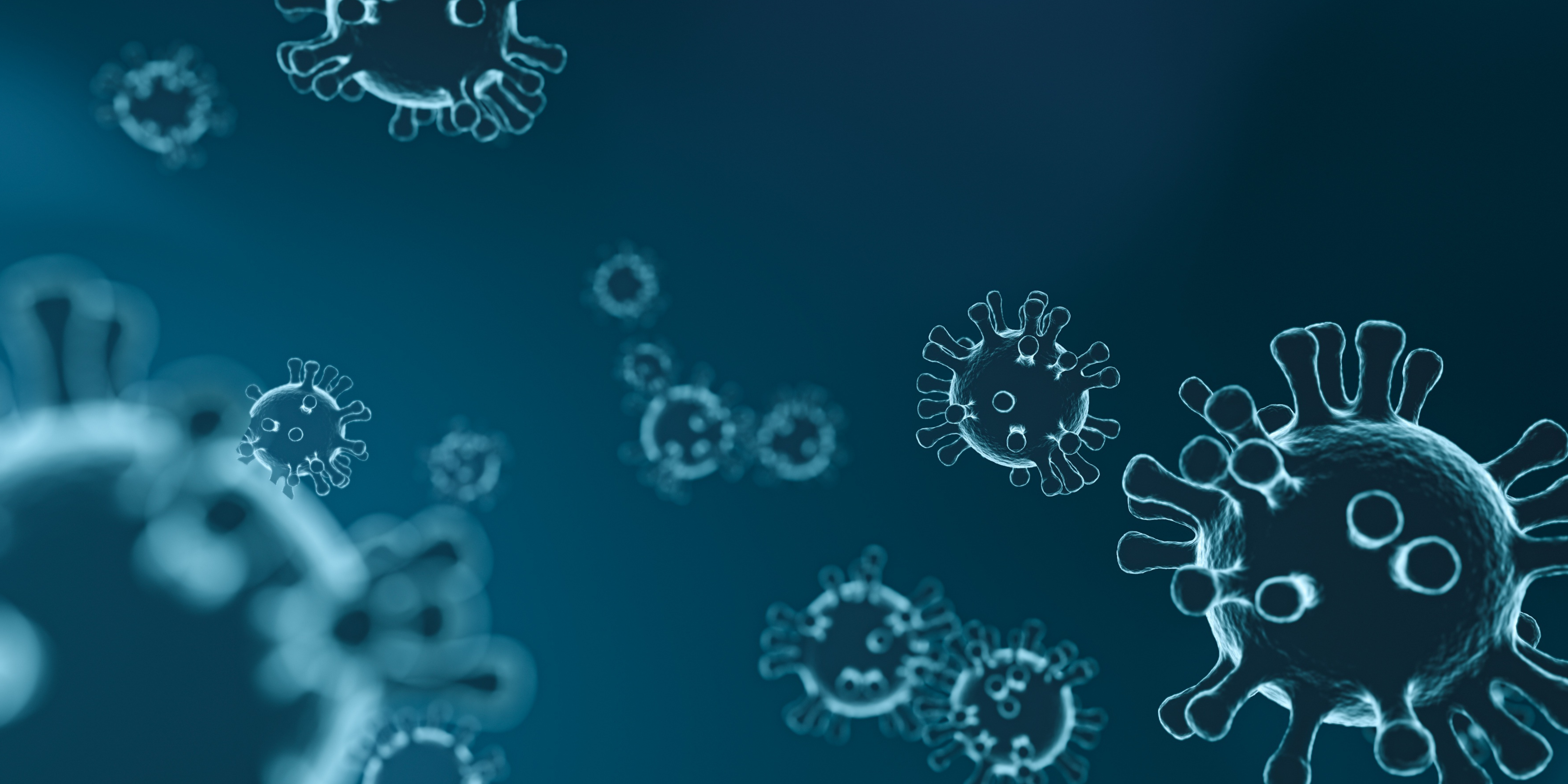Sexually Transmitted Diseases (STDs) are diseases that spread primarily through sexual contact, whether it be vaginal, anal, or oral sex. Some common STDs include chlamydia, gonorrhea, syphilis, herpes, and human papillomavirus (HPV). STDs remain a significant global public health issue, affecting millions of individuals each year.
Early detection through STD testing plays a crucial role in combating these infections. While some STDs can be asymptomatic or present with mild symptoms, others can lead to severe health issues if left undetected and untreated. This is why it is crucial to get an STD test near you as soon as possible if you suspect you may have been exposed.
The terms STDs and STIs (Sexually Transmitted Infections) are used interchangeably, which is why you may hear the term ‘STI test’ as often as ‘STD test.’ The difference between the two is that Sexually Transmitted Diseases are chronic infections.
A Closer Look At The Benefits of Early STD Detection
1. Prompt treatment: Identifying an STD early through STD testing enables healthcare providers to administer the appropriate treatment promptly. A timely STD profile test (screening for various STDs together) or STI test and subsequent detection can help reduce the risk of complications and prevent the infection from becoming more severe.

2. Preventing transmission: Early detection of STDs through STD testing helps prevent the spread of infections to other individuals, as those diagnosed can take the necessary precautions to protect their partners.3. Reducing long-term health risks: Undiagnosed and untreated STDs can lead to severe health complications, such as infertility, pelvic inflammatory disease (PID), or even certain types of cancer. Early detection helps minimize these risks.
4. Improved sexual health: Knowing your STD status enables you to take better care of your sexual health and make informed decisions about your sexual activity. Sexually active individuals must undergo regular STD testing by opting for an STD profile test to know whether they have any STDs.

5. Encouraging open communication: Early STD detection promotes open communication between partners, helping them discuss their sexual health and make informed choices together.
Various STD tests are available, including the STD profile test, which screens for multiple infections simultaneously. Regular STD testing is essential, especially for sexually active individuals or those who engage in high-risk behaviors. Getting an STI test or STD test near you can provide peace of mind and help maintain your overall health.

Avoiding STD testing can have serious consequences on your health and the health of your sexual partners. Undetected and untreated STDs can cause irreversible damage to your reproductive system, increase your risk of contracting other STIs (including HIV), and contribute to the spread of infections within your community.
Conclusion
In conclusion, early STD detection is vital in preventing the spread of STDs and minimizing their impact on individuals and communities. Regular STD testing, such as the STD profile test, can help you take control of your sexual health, make informed decisions, and protect yourself and your partners.

If you suspect you may have been exposed to an STD, don’t hesitate to find an STD test near you and get the information and treatment you need. Remember, knowledge is power, and being proactive about sexual health is the key to a healthier, happier life.
DrSafeHands provides confidential STD Testing, Treatment & Consulting. If you have any queries, you can get in touch with one of our experienced medical practitioners.
FAQs
1. Q: Are STD tests painful or invasive?
A: Most STD tests involve a simple urine sample or swab; some may require a blood test, but they’re generally not painful.
2. Q: Can STDs be cured or treated?
A: Many STDs are curable with antibiotics, while others can be managed with proper medical care.
3. Q: What can happen if I avoid STD testing?
A: Avoiding testing can lead to undetected and untreated STDs, which can cause severe health complications, spread infections to others, and increase the risk of contracting other STDs.
For additional resources by the Government for HIV & STIs, please refer to the guidelines and initiatives of the National Aids Control Organisation (NACO)
Disclaimer: This website may contain general information relating to various medical conditions and their treatment. Such information is provided for informational purposes only and is not meant to substitute for the advice provided by a doctor or other qualified healthcare professionals. Readers should not use the information contained herein for diagnosing a health or fitness problem or disease. Readers should always consult with a doctor or other healthcare professional for medical advice or information about diagnosis and treatment.


Leave a Reply